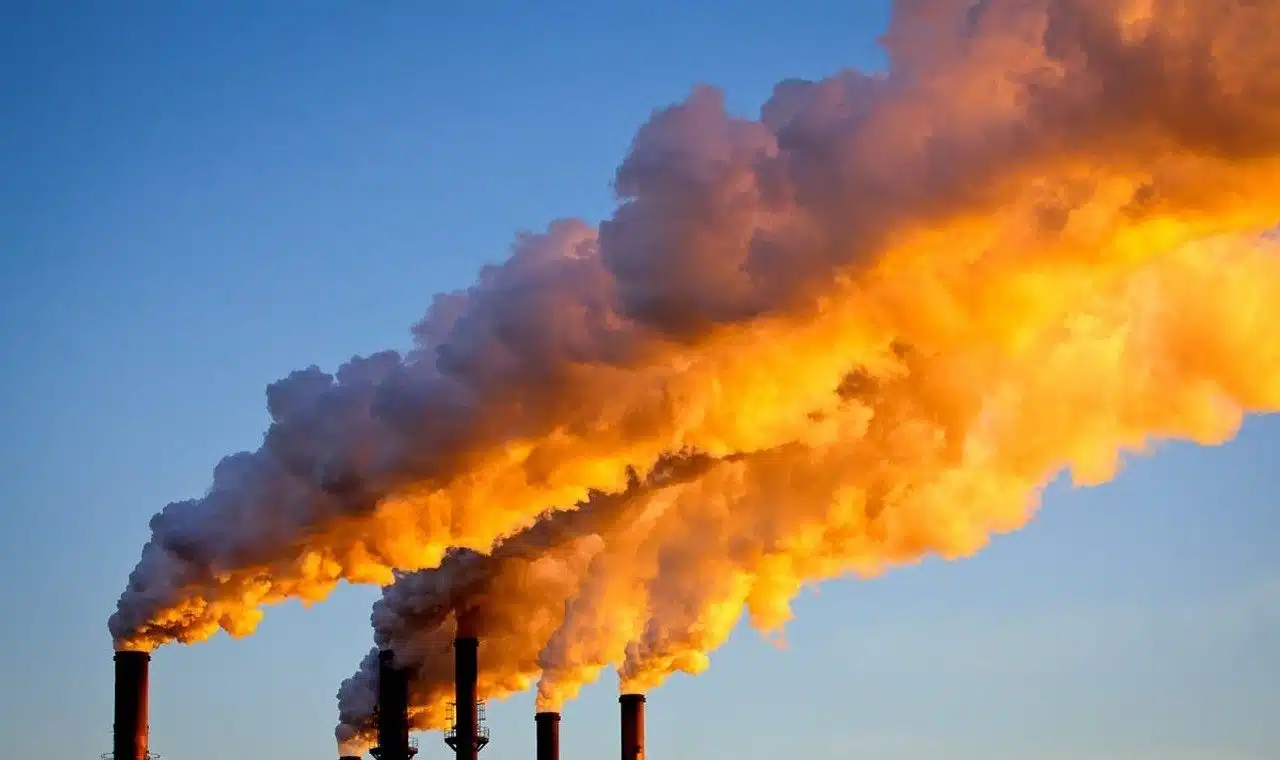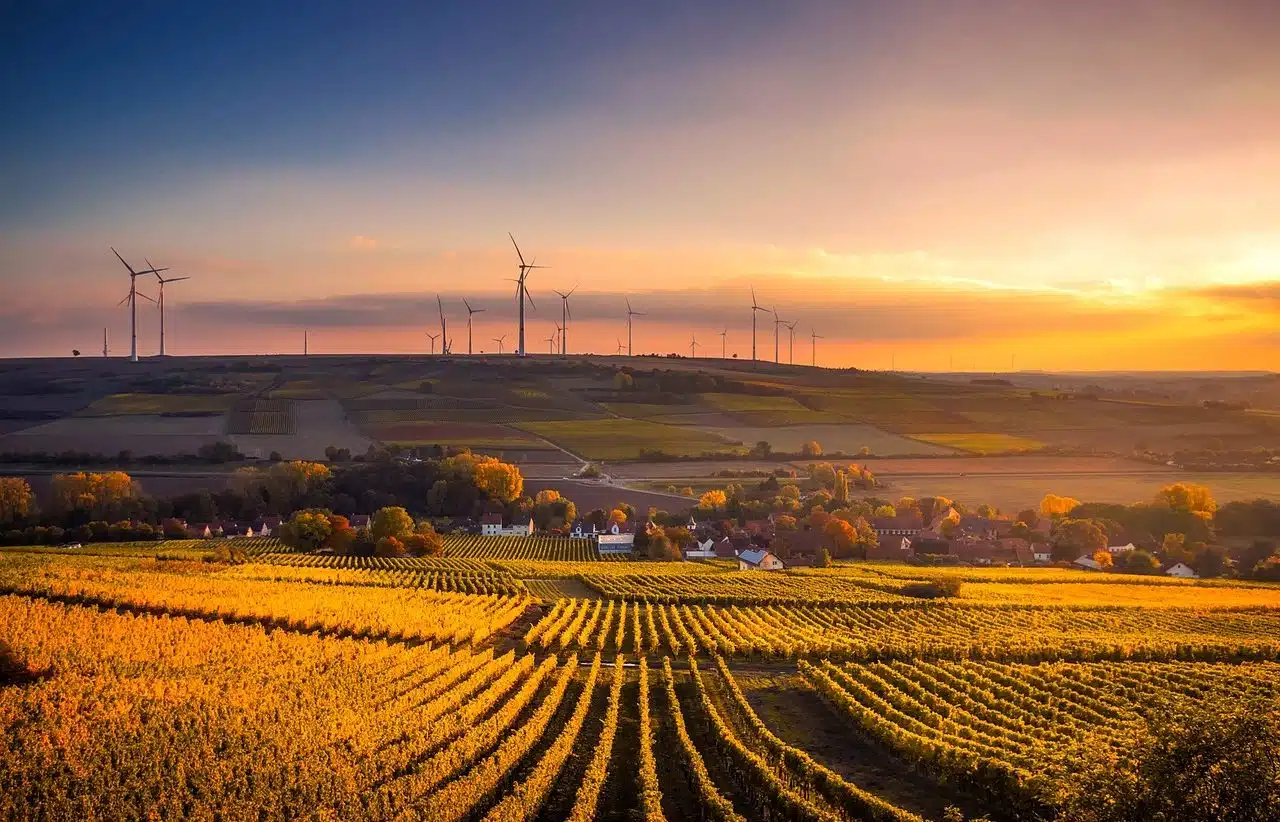
Indiscriminate logging affects the environment.
The environment is a system made up of natural and artificial elements that are interrelated and that are modified by human action. It is the environment that conditions the way of life of society and that includes natural, social and cultural values that exist in a given place and time.
Living beings, soil, water, air, physical objects made by man and symbolic elements (such as traditions, for example) make up the environment. Its conservation is essential for the sustainable life of current and future generations.
Environmental characteristics
It could be said that the environment includes physical factors (such as climate and geology), biological (human population, flora , fauna , water) and socioeconomic factors (work activity, urbanization , social conflicts).
The variety of species found in the environment of a place forms the biodiversity of the site in question. The ecological community given by the geological and climatic variables, meanwhile, is called the biome .
Ecosystem and ecology
The set formed by all the biotic factors of an area and the abiotic factors of the environment is known as an ecosystem ; In other words, it is a community of living beings with interrelated vital processes.
Ecology is another notion linked to the environment, since it is the discipline that studies the relationship between living beings and their environment , whose subsistence can be guaranteed through ecological behavior that respects and protects natural resources.

Environmental policies such as the Paris Agreement and the Kyoto Protocol aim to preserve the environment.
Importance of the environment
As you can see, taking care of the environment is essential for sustainable development . When the ecological footprint is large due to deforestation , air pollution and other factors, extinctions can occur and other species become endangered, for example.
For the preservation of the environment , nature reserves and national parks are usually created. In any case, if in unprotected areas there is overexploitation of natural resources and progress is made with soil degradation, there is no possible sustainability .
The problem of global warming deserves a separate paragraph. Although there are those who maintain that climate change is a natural phenomenon, scientific evidence abounds about the impact of greenhouse gas emissions on the environment. The conditions of the planet are registering changes that can lead to a depletion of resources and other problems that even threaten the subsistence of life on Earth.
Encouraging recycling and the adoption of renewable energies (such as solar energy or wind energy), carrying out reforestation campaigns, encouraging organic farming, punishing excessive fishing and poaching and working on environmental education are necessary actions to reduce pollution. carbon footprint and the environmental impact of human activities. It is vital to reverse habitat degradation to care for wildlife .

The environment can benefit from the promotion of sustainable agriculture and ecological tourism.
Human beings and their attacks on life
As can be seen, human beings seem to do everything possible to attack their own species and others through various actions that affect each of the elements that make up the environment. Starting with soil and water , inorganic waste dumped in nature constitutes a real time bomb : unless someone collects it, the day will come when it will come between animals and the soil.
Trying to understand the mind of someone who throws away a glass bottle or can in a park or lake is a very difficult task. What does that person think will happen to the trash they are so irresponsibly throwing away? Don't you consider, perhaps, that you can cause physical harm to another living being or even to yourself? If your level of speciesism clouds your regard for animals and plants, aren't you even afraid of a child getting hurt by shards of glass or rusty metal? Given the number of people who engage in acts of this type, it seems not.
Elements of the environment that suffer from pollution
The air we breathe is another element of the environment that we alter considerably due to our irresponsibility and by refusing to use our bodies as the rest of the animals do. If automobiles existed to assist individuals with physical disabilities or simply to make long-distance trips, perhaps it would be more acceptable to consider them indispensable. However, a large number of people depend on their cars to get around the city, regardless of the distance to travel, and this increases the volume of pollution we generate daily.
If we add to this that in underdeveloped countries the vehicles in circulation are usually more than two decades old and are not subjected to all the necessary controls to certify their proper functioning, we arrive at a very worrying level of pollution , which seems to have no end. . On the other hand, for a few years now, in some cities there have been plans that promote physical exercise through, for example, the provision of bicycles at no cost.
Finally, buildings, monuments, benches in squares, bridges and everything that humans build, and that is also part of their environment , suffer from the accumulation of waste , air pollution and destruction. deliberate on the part of the citizens themselves.
